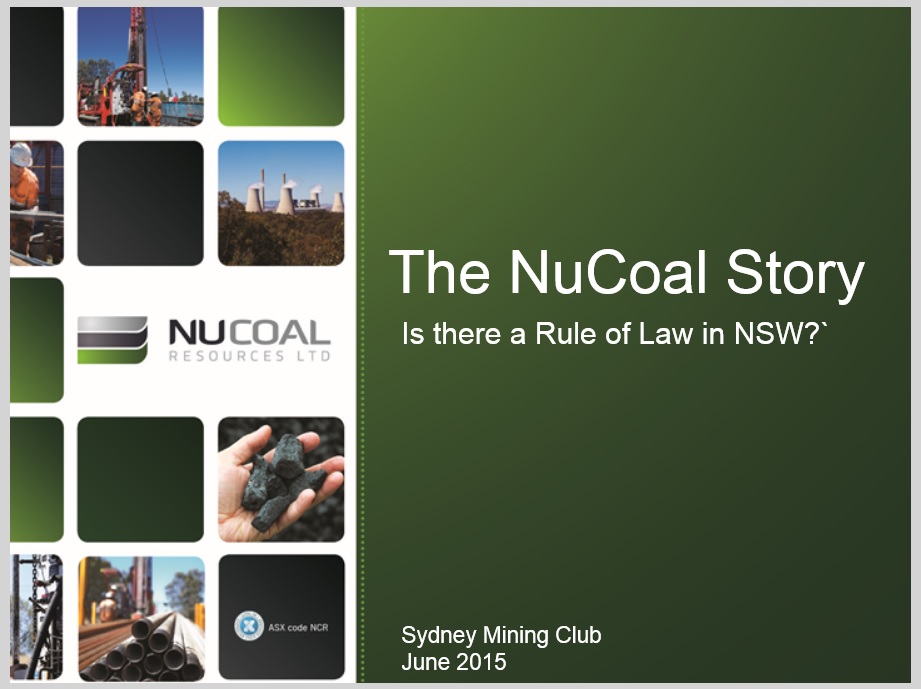
 There are many strands to the rule of law, but at its heart is the idea that the same law should apply to everyone. The regrettable consequences of bypassing that principle can be gleaned from the article on the opposite page.
There are many strands to the rule of law, but at its heart is the idea that the same law should apply to everyone. The regrettable consequences of bypassing that principle can be gleaned from the article on the opposite page.
When the NSW Independent Commission Against Corruption and the NSW Supreme Court examined the same evidence, they came to different conclusions.
This could be due to the fact that the nature of each case was different. One tribunal was looking for corruption and the other was resolving an insurance dispute.
But it also might have something to do with the fact that the courts only deal in admissible evidence. ICAC and the courts also have different ideas about what constitutes a fair hearing.
So does this matter? The issue was whether NuCoal Resources was an innocent party that had no idea that a coal exploration licence it held had been affected by corruption when it was created and granted to a company later bought by NuCoal.
ICAC found that NuCoal knew about the tainted licence.
But in the view of the Supreme Court one of the NuCoal directors named by ICAC, Andrew Poole, had no such knowledge.
This could have profound significance. It raises a strong suspicion that the logical basis for NSW legislation stripping NuCoal of assets worth at least $100 million was fatally flawed.
If that is the case, it means the Coalition government of former premier Barry O’Farrell has a lot to answer for. It might well have destroyed property rights, trashed private reputations and triggered international concern about sovereign risk in NSW based on nothing more than findings that, if tested in the courts, could have been found wanting.
It needs to be kept in mind that the Supreme Court did not directly test all of ICAC’s findings.
But the question of whether NuCoal was an innocent party is fundamental to the legitimacy of O’Farrell’s expropriation.
ICAC is not a court. It is an agency of the executive branch of government.
The fact that O’Farrell expropriated private property without the comfort of a ruling from a real court was always questionable. It is all the more questionable now that part of ICAC’s reasoning is looking shaky.
One way of avoiding these doubts in future might be to subject ICAC’s findings to an appeal mechanism – a full appeal on the merits and not merely a judicial review on whether there has been an error of law.
The real source of the problem, however, is fundamental. If the rule of law means that the normal law applies to everyone, the normal rules of evidence should apply to ICAC. This organisation, after all, underpinned the imposition of an immense penalty for an unproven wrong.
If future governments of NSW intend to show a similar lack of respect for property rights, they should at least base their decisions on evidence that has been subjected to the normal courts applying the normal law.
One way of avoiding these doubts in future might be to subject ICAC’s findings to an appeal mechanism.
CHRIS MERRITT
The Australian
WTF: Used by Permission
